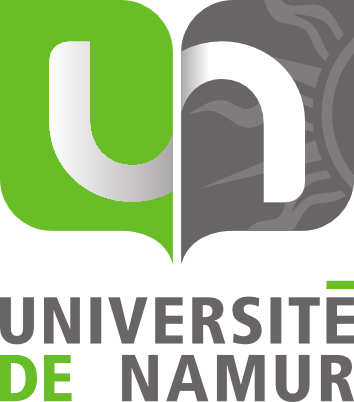Défense de thèse de doctorat en sciences biologiques - Lola Dechêne
Equine muscle-derived mesenchymal stem cells as cell therapy for osteoarthritis and influence of priming with a hydrosoluble form of curcumin
Date : 23/08/2021 16:00 - 23/08/2021 19:00
Lieu : Amphithéâtre C de la faculté de médecine vétérinaire de l’ULiège
Orateur(s) : Lola DECHÊNE
Organisateur(s) : Patricia RENARD, Didier SERTEYN
Jury
- Dr Florence CHAINIAUX (département de biologie, UNamur), Présidente
- Prof. Patricia RENARD (département de biologie, UNamur), Secrétaire
- Prof. Olivier MALAISE (département des sciences cliniques, Université de Liège)
- Prof. Didier SERTEYN (département d’enseignement et de clinique des équidés, Université de Liège)
- Prof. Basile STAMATOPOULOS (Laboratoire de thérapie cellulaire clinique, Université Libre de Bruxelles)
- Dr Fanny HONTOIR (département de médecine vétérinaire, UNamur)
- Prof. René VAN WEEREN (Veterinary Medicine, Utrecht University)
- Dr Alexandra SALCICCIA (département d'enseignement et de clinique des équidés, Université de Liège)
Abstract
Osteoarthritis is a high prevalent joint degenerative disease for which therapeutic treatments are limited or invasive. Cellular therapy based on mesenchymal stem cells is therefore seen as a promising approach for this disease. This research project workswith equine mesenchymal stem cells harvested in muscle, an easy access site, with a minimally invasive process.
As curcumin is described to improve the osteoarthritis pathology by decreasing the pain and the stiffness of the joint, the goal of this project was to study the combination of both muscle-derived mesenchymal stem cells (mdMSCs) and a hydrosoluble form of curcumin called NDS27.
We have first developed an in vitromodel of osteoarthritis disease in ordertoevaluate the potential clinical effect of this innovativeproduct. This model is focus on cartilage (ex vivoexplant) and itsresponse in pro-inflammatory (TNF-α and IL-1β) cultureconditions.
Then, as regenerative potential of MSCs is mainly conferred by paracrine function, we have characterized the secretome of mdMSCs in this in vitromodel of OA (explant of cartilage with TNF-α and IL-1β). Mass spectrometry analyses identified several actors secreted by mdMSCs. According to the dual function of these secreted proteins, implicated both in catabolic and anabolic cartilage functions, we performed functional tests consisting of studyingthe effect of mdMSCs cultured with explants of cartilage in pro-inflammatory model. Results showed that mdMSCs decreased the glycosaminoglycan release from plugs of cartilage in this model, supporting the anti-cataboliceffect of mdMSCs in these conditions,potentially explained by the increase of secreted decorin and the decreasedabundance and activity of MMP3.
Finally, we have demonstrated that NDS27 is able to penetrate into mdMSCs and localizes into mitochondria, at least partially. Optimizations between conditions leading to maximal incorporation of NDS27, regenerative properties and constraints of industrial partner (to fit with good manufacturing practice) must now be done.
Télecharger :
vCal
